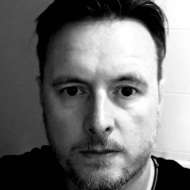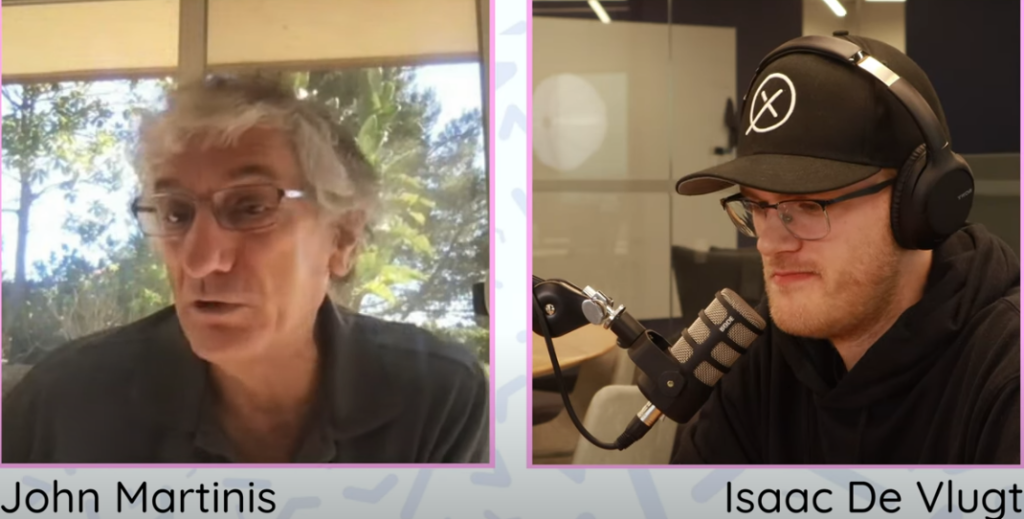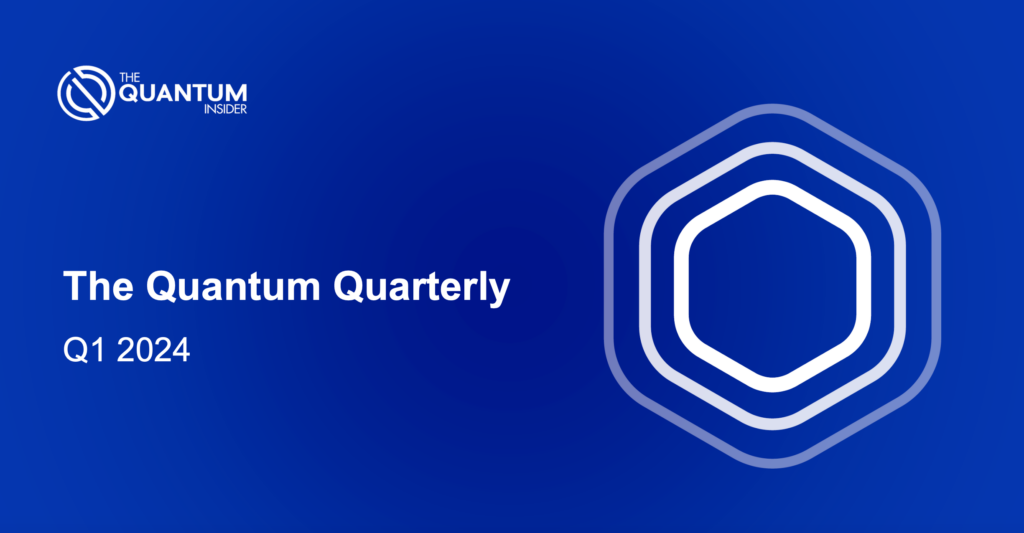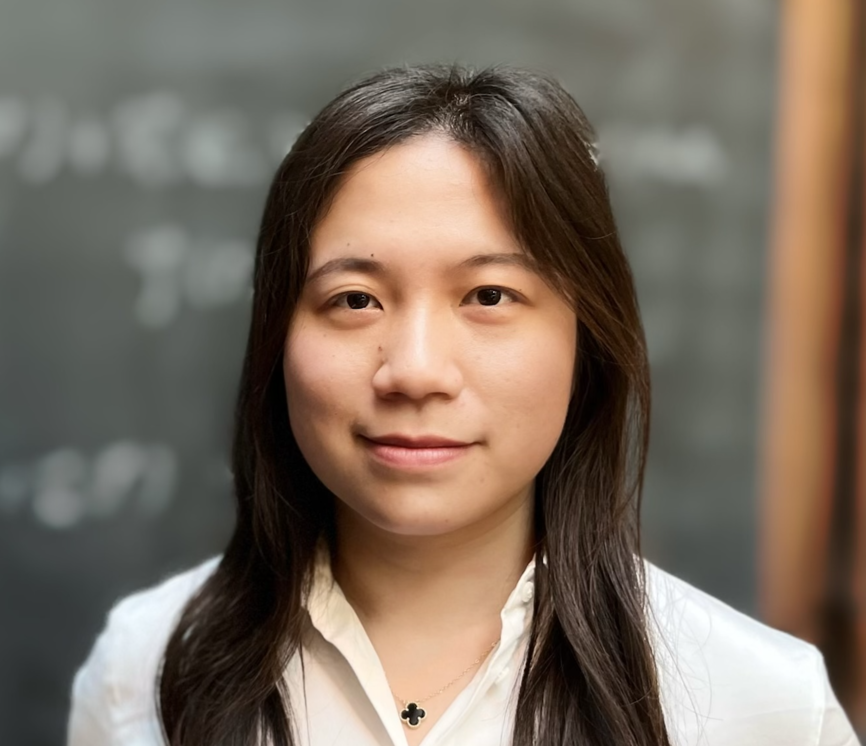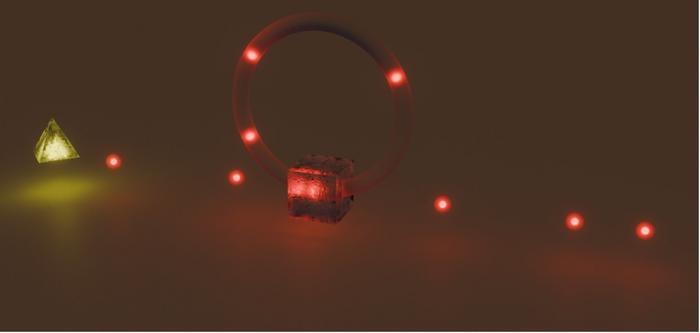South America is some way behind other continents in quantum information science research. Yet that doesn’t mean all is quiet on this front
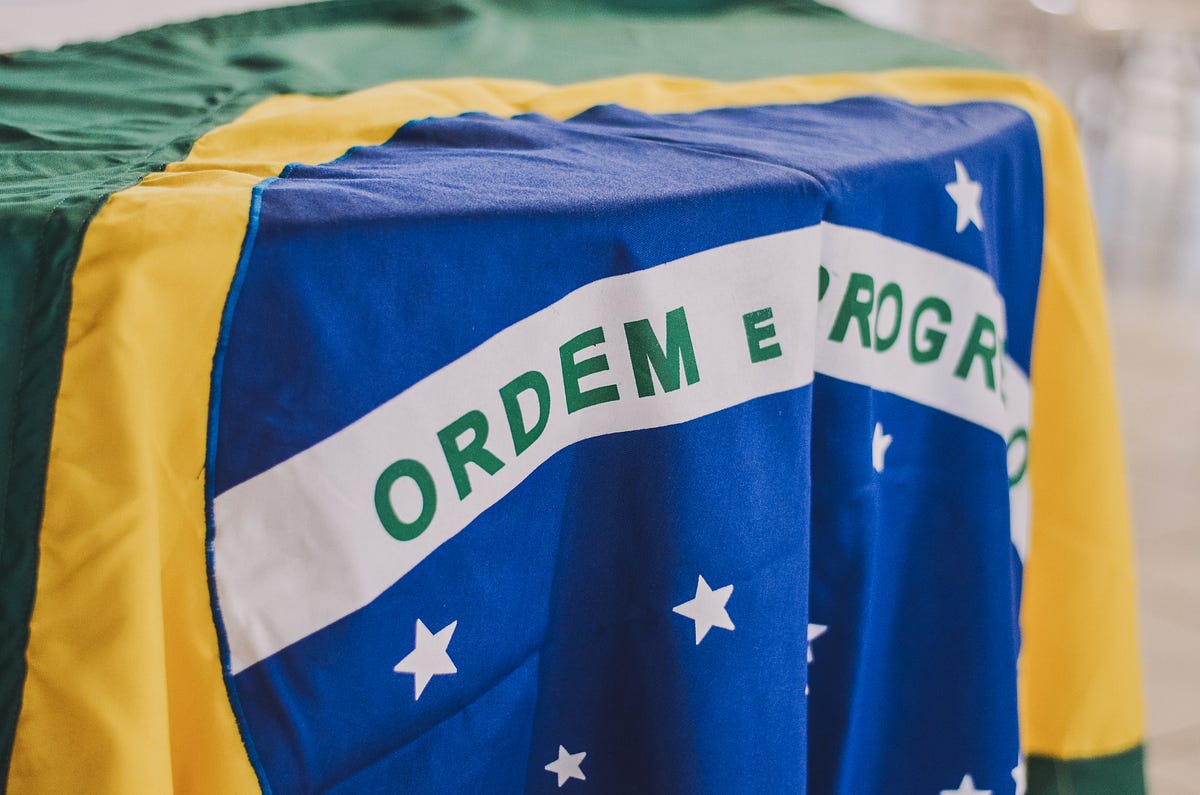
Cauldron of Humanity
Brazil — just the word conjures up scenes of the exotic: its football artistry. The samba drum beats, the cool 60s vibe feel of bossa nova and even the lyrical beauty found in the pages of Paulo Coelho’s magical realism.
And, of course, palm trees.
Yet there is another side, a much darker one: the years of a military dictatorship. The poverty in the favelas and endemic corruption.
Tragic, really, like a doctor’s handwriting.
All these things have, however, created a country of dichotomies, anomalies and absurdities. An interesting cauldron of humanity in one of the largest and most populace countries on earth.
But among all this is still another side, an intellectualism that has a long tradition bordering the Southern Cone. For instance, the first scientific journal in Brazil, Arquivos do Museu Nacional, was established way back in 1876.
And they’ve got some damn fine scientists, too:
Physicist Sonja Ashauer, the first woman in Brazil to earn a Ph.D. Advocate of public health, Oswaldo Cruz. Bacteriologists Carlos Chagas. Molecular biologist and geneticist, Mayana Zatz. Suzana Herculano-Houzel, a neuroscientist who counted the number of neurons in the human brain.
Over the last few decades, the big wigs in Brasilia — the nation’s capital — have made key improvements in high-tech R&D, and even though Brazil, along with Chile, leads the way in tech startups and the university-level scientific research on the continent, recent moves by President Jair Bolsonaro to slash funding at the Ministry of Science, Technology, Innovation and Communications have seen outcries in some quarters.
Educational institutions such as the University of São Paulo, the University of Campinas and the Federal University of Minas Gerais in Belo Horizonte have some of the best research facilities on the continent.
Whether they suffer from the austerity measures is yet to be seen.
Of all the areas where funding is a crucial component in the future is quantum computing (QC). To date, unlike in North America, Europe and Asia, Brazil lags behind in terms of investment in the public and private sectors.
One initiative, located in the Imperial City of Petrópolis, Rio de Janeiro state, is the Quantum Computing Group at the National Laboratory for Scientific Computing.
Quantum Computing Group
Headed by a team of top researchers and adjunct professors that lead a group of collaborators from the University of Latvia, the University of the Republic, Uruguay and a cadre of enthusiastic Ph.D. students, the lab is fully-stocked on qubit brain cells to carve out enough quantum creativity for the rest of the 21st century.
In charge of research is Renato Portugal, who gained his physics Ph.D. in the late 1990s from the Brazilian Center for Research in Physics (CBPF). Later, his postdoctoral research took him to the University of Waterloo, Canada.
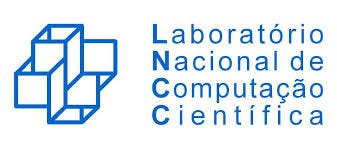
The main goal of the group is to organize scientific workshops, social meetings, and interactions between the wider QC world in Brazil and beyond.
‘There is no point building quantum computers if we are to use them in the same way we use classical computers. Algorithms must be rewritten, and new techniques for simulating physical systems must be developed.’
— Renato Portugal: Quantum Walks and Search Algorithms (2018)
At the time of publication, the group’s scientific research focusses on the following areas:
— Quantum Walks
— Quantum Algorithms
— Simulation of Quantum Algorithms in Classical Computers
— Hidden Subgroup Problem
— Reversible Computing
— Quantum Games
— Quantum Information
Developing exciting simulations on quantum principles, using high-performance computing (HPC) in Python, C, OpenCL, Cuda, and Neblina coding languages, this talented group from Petrópolis knows the future is QC.
TQD hopes the rest of América do Sul knows that too, bringing an era in R&D in quantum information science to a new level in Brazil and the continent in general.








